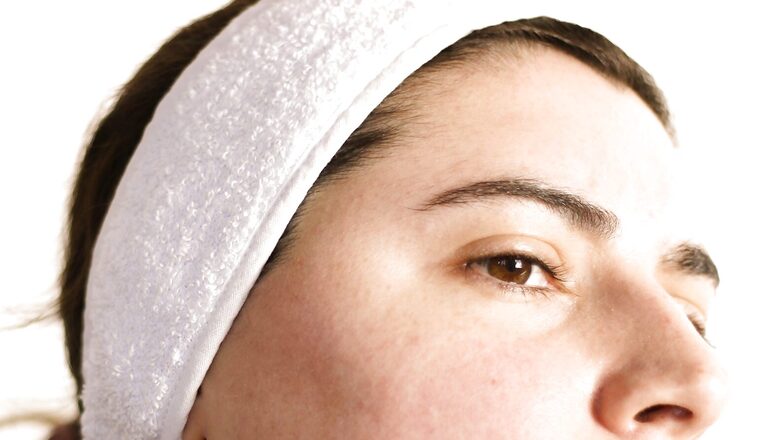
views
High humidity and moisture in air cause several skin infections. The mercury levels have dipped with the onset of Monsoon bringing much needed relief from the scorching heat. While Monsoon rain is enjoyed by most of the people the humidity and moisture in air also increase. The rainy weather helps the growth of germs and bacteria. Skin allergies and infections are quite common in the Monsoon season.
The cases of bacterial and fungal infections rise in this season. The high humidity also triggers excessive sweating and moisture retention gives rise to fungal infections and other skin-related issues.
People with oily skin should watch out for pimples, blackheads and whiteheads as the oil on the skin attracts dust, dirt particles and allows bacterial growth. Washing the face 3-4 times a day can help. People with dry skin also need to be careful because the skin gets dehydrated from excessive sweating.
Here are a few of the most common skin related issues you might face in the Monsoon season.
1. Athlete’s Foot
This is a contagious fungal infection that affects the feet. It is one of the most common infections in monsoon due to wet shoes and socks. Signs of the athlete’s foot include an itchy and scaly rash on feet.
2. Eczema
This is a condition in which one can notice inflammation and red patches on the skin. Itchy, rough and cracked patches, sometimes even blisters can be noticed on the skin.
3. Ringworms
This fungal infection affects the top layer of the skin, scalp and even nails. The itchy and red rash appears like a ring on the skin.
4. Acne
The clogging of pores due to excessive oil, dirt or bacteria can lead to acne.
5. Rashes
Itching and rashes are common problems that arise when the skin comes in contact with the polluted rainwater.
How to Prevent Skin Infections?
You can prevent infections by following a few simple steps.
· Wear loose cotton clothes
· Take a shower every day and wash hands properly
· Keep your footwear on in public places like parks and pools
· Apply anti-bacterial and anti-fungal powders to keep your skin dry
· Use ice to reduce inflammation or redness or itching
· Do not cover the affected skin with cloth or bandage
Read all the Latest News and Breaking News here




















Comments
0 comment